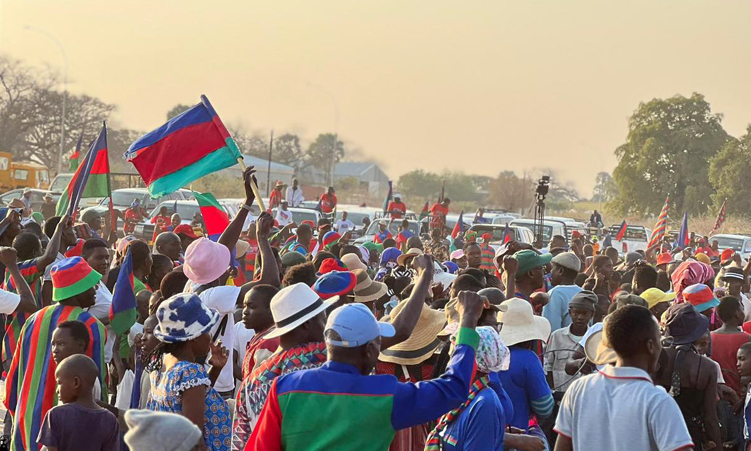As artificial intelligence (AI) technologies continue to advance, Namibian newsrooms are starting to embrace AI technologies for various aspects of news gathering and production, but newsroom managers said this must be done with the accompanying ethics and disclosure.
Various industry experts speaking during a panel discussion yesterday in Windhoek highlighted the need to harness AI’s potential, while upholding credibility and trust within their audiences.
The discussion, facilitated by Gwen Lister, a trustee of the Namibia Media Trust (NMT), was part of the three-day Conference on the Future of Journalism Education in Southern Africa, organised by NMT, DW Akademie, the Media Institute of Southern Africa Malawi and the Centre for Innovation and Technology.
Future Media news editor David Bishop acknowledged the limited use of AI technologies such as ChatGPT within his organisation but said they are committed to exploring its integration.
Bishop explained that AI is evolving at an unprecedented pace and journalism must adapt accordingly.
“We got the idea that AI tools can help us, but there will be a pushback, myself included, in that I have to change the way I do things. Once we adopt that, I think workflow will become more efficient,” Bishop said.
The Namibian’s news editor Ashley Smith highlighted the importance of ethical considerations and transparency.
Smith revealed that The Namibian is actively in the process of developing a comprehensive policy to govern the use of AI within their newsroom. Furthermore, Smith mentioned The Namibian’s plans to collaborate with the Deutsche Welle (DW) 2023 Idea Lab on Data and AI to explore opportunities for automating the conversion of print content into formats suitable for other platforms, such as radio, social media and newsletters, among others.
This initiative also extends to enhancing fact-checking and creating a language translation tool through AI-driven solutions.
“I don’t believe AI can take away critical human functions. It’s about that human touch, telling stories through those human experiences which journalists bring to the table. You cannot replace that,” Smith said.
Namibia Broadcasting Corporation (NBC) chief news and programming officer Menesia Muinjo said while embracing AI, concerns remain, regarding data safety and there is a need for sensitising newsrooms and the public about their data safety.
“We need to sit together and express our fears and concerns because we have to be part of this new phenomenon, change is inevitable,” Muinjo said.
Meanwhile, Polis founding director professor Charlie Beckett said working with news organisations over the last five years has revealed that the impact of AI was systemic and accelerating, just as it was in other industries and sectors.
He said in the wider context, it is possible to see AI as a third wave of technological change for journalism.
Stay informed with The Namibian – your source for credible journalism. Get in-depth reporting and opinions for
only N$85 a month. Invest in journalism, invest in democracy –
Subscribe Now!






